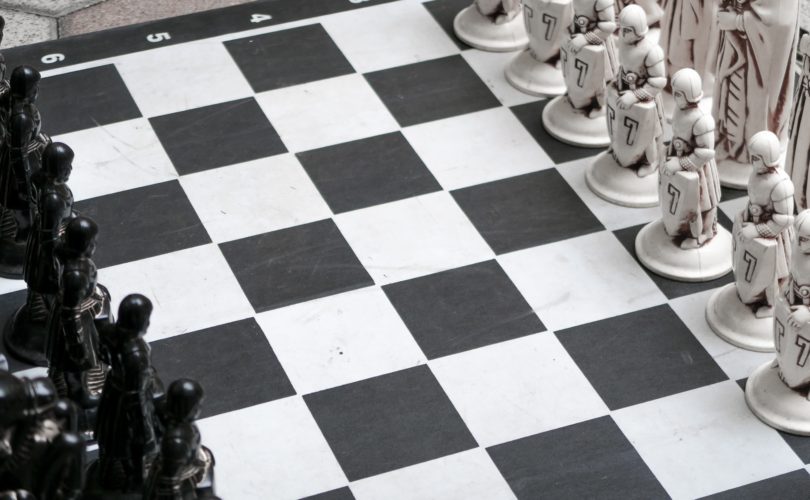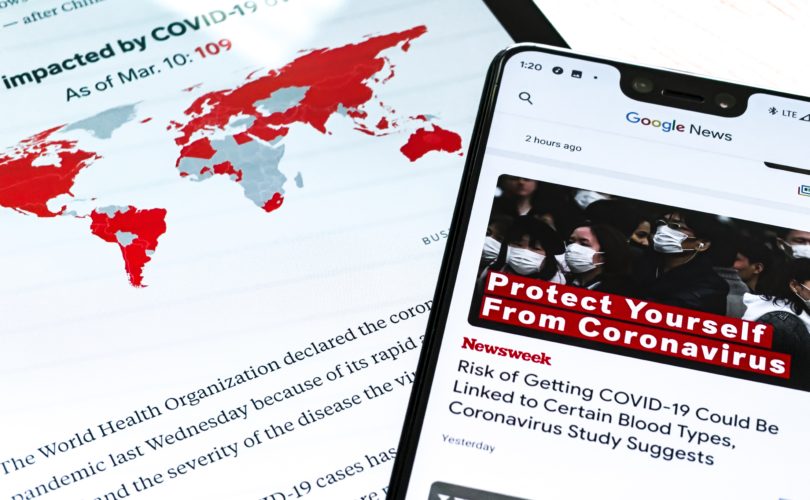At this point, no one’s at a lack for information, exposure, or opinions on the murder of George Floyd, the reality of racism in America, or police brutality. I have no intention of adding to the pool, people much smarter than me have said enough already. Something that I think is exploring as we move forward though, is a topic I’ve written about before here. Polarization in our culture broadly, and our minds individually, is poisoning us; and we desperately need to fight back.
My own path
Ten years ago, if someone had tried to talk to me about privilege, I’d have apologized profusely for denying them the privilege of fighting their own wars and having left them to the oppression of the couch. How dare I enjoy the privilege of fighting the nation’s wars while they are left to expertly pontificate on foreign policy and national defense from the bondage of their living room? My sarcasm would hide the deep wound I felt as they tried to tell me how ‘privileged’ I was.
I lived in a world they didn’t. My life was at risk as a matter of course. Simple acts like making arrangements for my funeral and having my will, life insurance, and power of attorney in order were a constant reminder: death is never very far off.
Meanwhile, the vast majority of America lived in a world where they could ignore my reality if they wanted to. They could ignore the fact that our realities were so different. They faced no real danger the way that I did. They could live safe and sheltered because I was living a life they would be unwilling to join me in living.
Ten years ago, I was closer to really getting privilege and oppression than some of the people trying to educate me about it.
Racism and polarization
Polarization of our minds and our culture is arguably the greatest social and mental health crisis of our time. It didn’t start with racism, but we can’t really have a discussion about racism without it. From Alexander the Great to Adolf Hitler, from Genghis Khan to European colonialism and the ensuing cattle slavery of Africans, polarization has a body count that dwarfs any pandemic.
Polarization is the rigid belief in one point of view to the utter exclusion of all others. It’s the belief that one’s own group is superior to all others. It’s the ancient dance of hubris and nemesis. Hubris surpasses and exalts itself and so creates nemesis and the struggle continues.
It’s the 400 year old story that a minority of Americans live with the daily reality of. They turn on their televisions and see George Floyd or Ahmaud Aubrey and like me they’re reminded: death is never very far off.
Like John and Jane Q. Public with me as a soldier, this is a reality that only some people live in full time. Like the American citizen I can watch from my couch in the living room, pontificate, and change the channel when I get uncomfortable. Not everybody has that luxury.
And yet all of us share the lived experience of polarization. We see it on the news, in our social media feeds, and feel it in our conversations. The US/THEM divide is palpably present and echo chambers are abundant.
Depolarizing
I’ve had a lot of fruitful conversations with clients about depolarizing ourselves and our culture lately. I usually ask them what they think contributes to the polarization. Often we end up at a lack of nuance and personal engagement, people not engaging others as people but rather as the “other side”, making the person invisible. The cacophony of information without any real sense of what can be trusted certainly contributes.
I’m not going to offer a list of steps in this post because this is still something I’m exploring myself. I know that books are being written about it like this one. I am doing my own work to explore what this looks like for me personally. Likely, it will take time, writing, reflection, and collaboration to begin the process. I’d invite you to consider what it could look like for you to begin depolarizing your own mind, life, and heart.

